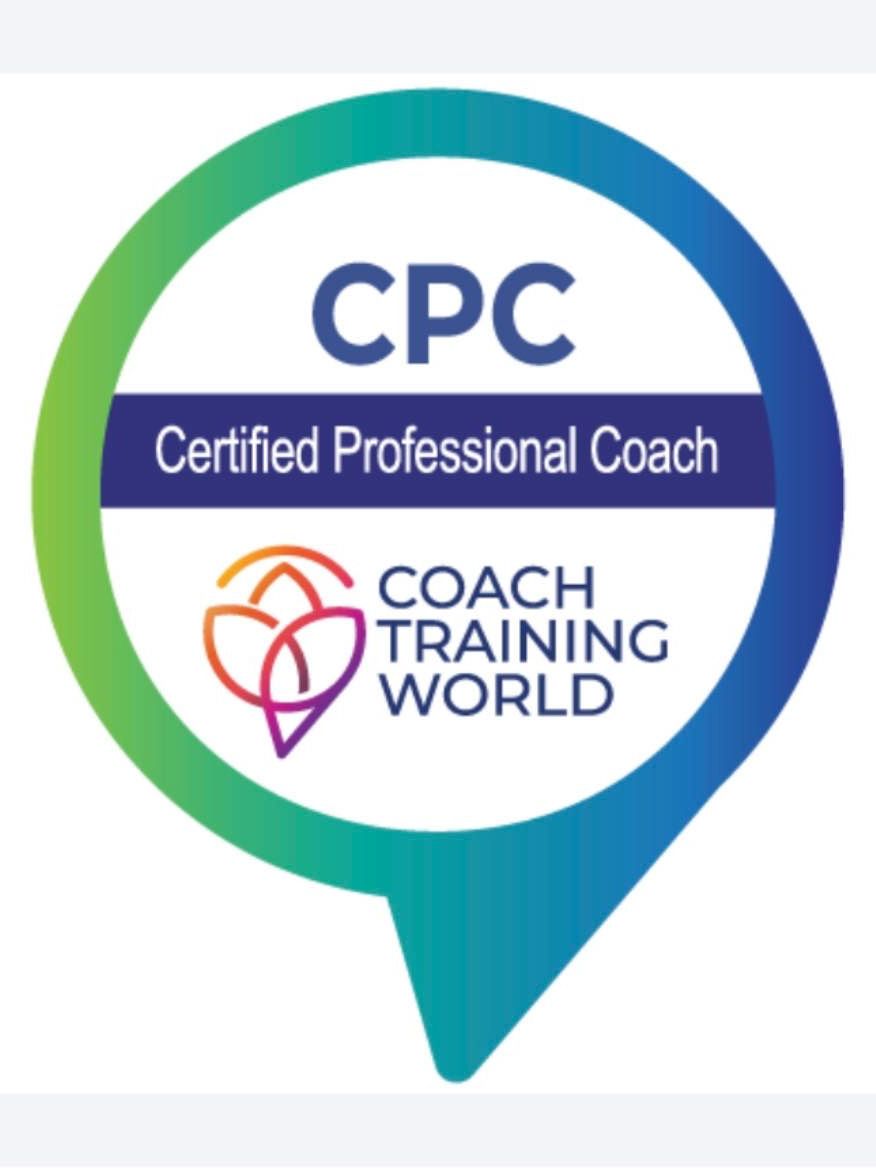The Fear of Moving On
The Fear of Moving On: Navigating the Uncertainty of Leaving a Long-Term Relationship
Leaving a long-term relationship or marriage is one of the hardest decisions a person can face. It’s not just about ending a relationship—it’s about stepping into the unknown, grieving the life you once envisioned, and confronting fears that can make staying seem easier.
You might question yourself:
• What if I regret this?
• What if I end up alone?
• What if they move on with someone else?
• Am I making a mistake?
These fears are valid. But here’s a truth I often share in coaching: staying is hard, and leaving is hard—choose your hard.
Why We Stay Even When We Know It’s Over
It’s easy to convince yourself that staying is the safer choice. After all, change is terrifying. But staying for the wrong reasons—fear of loneliness, guilt, or not wanting to see your partner with someone else—only prolongs your own pain.
For so long, you may have prioritized not hurting your partner, but at what cost? You’ve accepted your own suffering to avoid theirs. It’s time to shift that perspective. Choosing yourself isn’t selfish—it’s necessary.
There Is No Timeline—Take the Time You Need
One of the biggest pressures people feel when facing this decision is the idea that they should have already figured it out. Maybe well-meaning friends or family have given their opinions, urging you to leave or stay. But this isn’t about what others think—it’s about you.
No two situations are the same. Even if your best friend, sibling, or coworker went through something similar, their journey is not yours. Comparison will only make you doubt yourself more. Give yourself permission to take the time you need to come to a decision that feels right for you, not what others expect.
Steps to Start Moving Forward
1. Identify Your Needs (and Accept That They Matter)
You’ve likely spent years considering your partner’s emotions, desires, and well-being. But what about yours? What do you need? What do you want your life to look like?
Start shifting your focus inward and recognizing that your feelings and needs are just as important as anyone else’s.
2. Prepare for the Conversation (As Much as Possible)
Ending a relationship isn’t a conversation you just wing. It’s emotional, messy, and unpredictable. While you can’t control your partner’s response, you can prepare yourself.
• Use “I” statements to keep the focus on your feelings rather than placing blame.
• “I have realized that I need something different in my life.”
• “I’ve been struggling with this decision, but I know that I need to move forward.”
• Expect a range of reactions— shock, sadness, anger—and remind yourself that their emotions are not yours to fix.
3. Accept That You Cannot Control Their Feelings
One of the hardest parts of ending a long-term relationship is knowing you’re causing someone pain. But staying out of guilt or obligation isn’t love—it’s fear.
Your partner may be hurt, confused, or even try to change your mind. That’s natural. But this moment isn’t about them—it’s about honoring your truth.
4. Work with a Coach to Feel More Prepared
This process is overwhelming, and it’s easy to get lost in self-doubt. This is where coaching can be invaluable.
• A coach helps you reframe your fears so that you see leaving not as a failure, but as a necessary step toward a life that aligns with your needs.
• You can rehearse different conversations, so you feel more confident and less reactive in the moment.
• You’ll be reminded that you don’t need to justify every detail to your partner—you’re not trying to convince them, just state what you need.
I have become the support person for so many as they navigate this transition. I know firsthand how heavy this decision can feel, how paralyzing the fear of change can be. But I also know the relief, the clarity, and eventually, the peace that comes from honoring what you truly need.
The Strength in Choosing Yourself
Moving on is painful, but so is staying in something that no longer serves you. The difference? One leads to growth.
Choosing to leave isn’t about giving up—it’s about stepping forward. It’s about recognizing that while the future is uncertain, you deserve to build a life where you feel fulfilled, not just comfortable.
If You’re Struggling, You Don’t Have to Do It Alone
This decision can feel overwhelming, but you don’t have to go through it alone. As a coach, I’ve supported many people through the fear, uncertainty, and emotional weight of leaving a long-term relationship. I provide a judgment-free space where you can process your emotions, gain clarity, and prepare for the next steps—whether that’s making the decision, having the conversation, or rebuilding afterward.
You don’t have to justify your feelings or convince anyone of your choice. This is about you and what you need. If you’re at this crossroads, I’m here to help you navigate it with confidence and self-compassion.
Moving on is painful, but so is staying in something that no longer serves you. The difference? One leads to growth.
Choosing to leave isn’t about giving up—it’s about stepping forward. It’s about recognizing that while the future is uncertain, you deserve to build a life where you feel fulfilled, not just comfortable.













